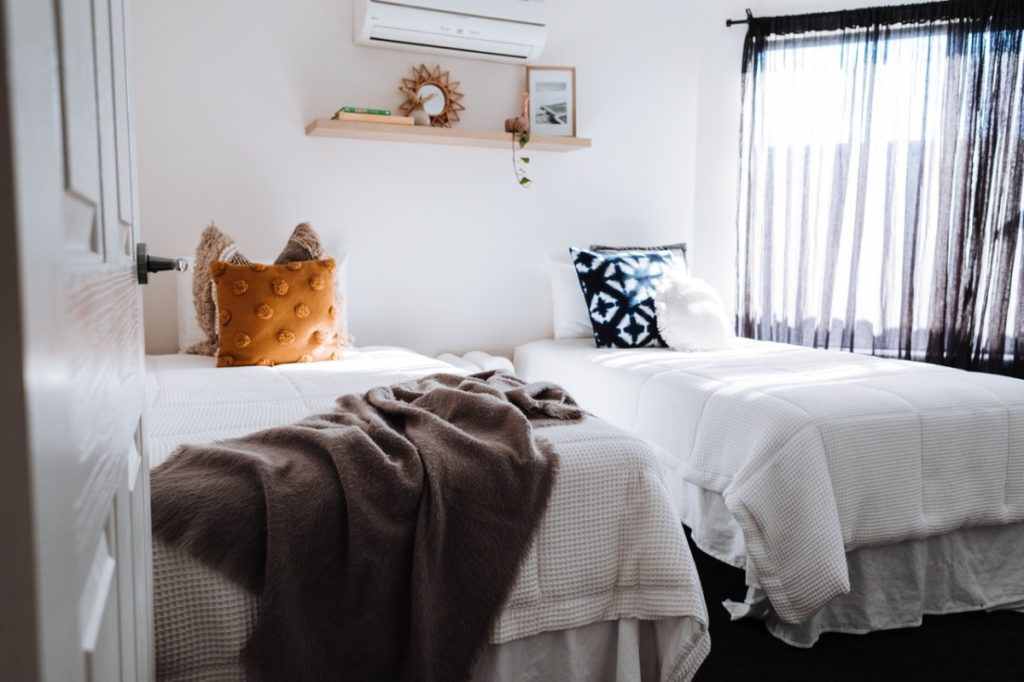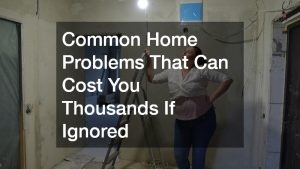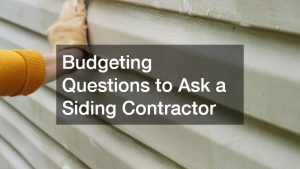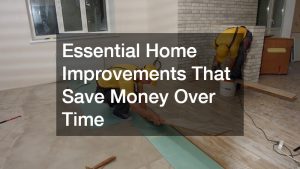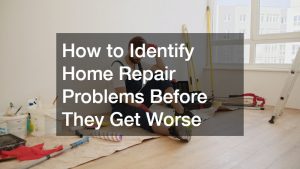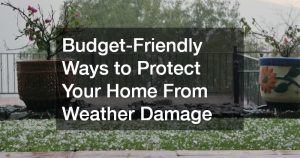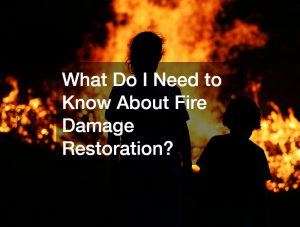You do not see your HVAC system. But you know it’s there. You know because in warm months you feel cool, and in cold months you feel warm inside the house. Those are enough to tell you that your heating and cooling systems are doing just fine. However, you cannot afford to be complacent. Routine HVAC maintenance is not recommended only to commercial establishments. Even owners of residential properties should put in place an HVAC inspection and maintenance schedule that must be routinely adhered to. That is if you do not want to suffer the consequences of negligence.
Yes, the risks run the gamut. Here are some of them.
Malfunctioning equipment
Equipment malfunctions are not always obvious. Some of them lurk behind a facade of efficiency, catching you off guard once they finally make themselves obvious. Be on the lookout for dirty coils, dirty filters, dirty blowers, and a blocked condenser, among others. These will eventually wear out your system. Before you know it, your thermostat’s no longer functioning as it should. Your temp’s not as warm or as cool as you want it to be. By this time, you’ll need to call an HVAC repair provider.
Shortened equipment lifespan
The usual split-type HVAC unit should last you 15 years or more. That is if it’s properly maintained. Should the opposite case be your reality, that lifespan gets shortened to eight years. There you lose seven precious years. That means you’ll have to spend money on a new system, which can set you back between $8,000 and $20,000.
Dirt everywhere
Your house accumulates dust daily. They go everywhere, from your TV set to your curtains. Dust accumulation does not spare your HVAC system. After all, it has lots of nooks and crannies for dust to settle in. Your system’s coil, filter, blower are dust-friendly. They won’t mind sheltering dust, alongside other buildups such as mold and mildew. Soon these will recirculate inside your house.
Poor indoor air quality
Once your HVAC system has too much buildup of dust, mold, and mildew, it has no choice but to release those microscopic particles back into your house. That results in poor indoor air quality. That will be quite unhealthy for you or any of your housemates suffering from allergies or other respiratory diseases. Even your skin will suffer and before you know it you’re breaking out like it’s high school all over again.

Unpleasant smell
One way to determine whether your HVAC system’s not functioning at its best is when you smell unpleasant smells whose sources you’re hard-pressed to pinpoint. Be wary of a burning smell. That means there’s something terribly wrong with your heating or cooling systems. The smell of rotten egg could mean a gas leak. A musty smell could be linked to condensation buildup. Every time you enter the house, sniff the air to be sure.
Fire risk
Letting an HVAC expert look into your system allows you to see problems you might not otherwise recognize on your own. For example, there might be loose wires or frayed mechanical parts in there. Those are fire hazards.
Carbon monoxide poisoning
If your HVAC system comes with a furnace, be wary of gas leaks. Those could trigger a fire. Moreover, they put you at risk of carbon monoxide poisoning. The furnace releases C02 when heating your indoor air. Clogged exhaust due to poor HVAC maintenance means those harmful air will get trapped inside your house. That’s a scary scenario to think about.
Exorbitant electricity bills
A dirty HVAC system with frayed components and loose wires will not work at its best. It will consume more energy to compensate for its inefficiency. That means your electric meter will be running like crazy. Once the bill arrives, you’ll be surprised at how much you need to pay. Routine maintenance becomes the more cost-efficient option.
As the adage goes, an ounce of prevention is worth a pound of cure. That applies to HVAC maintenance. You should not wait for a problem to manifest before giving your heating and cooling systems the attention they deserve. The risks of a poorly-maintained HVAC system are real. And these risks won’t just affect your budget. They might also put lives at risk—yours and your loved ones’, that is.
To avoid those possible detrimental effects, spare time and money to have your HVAC system checked and maintained regularly. That’s an investment worth making.
Now if you are in the market for a new HVAC system, make sure not to cut corners. You want the best technology there is.

